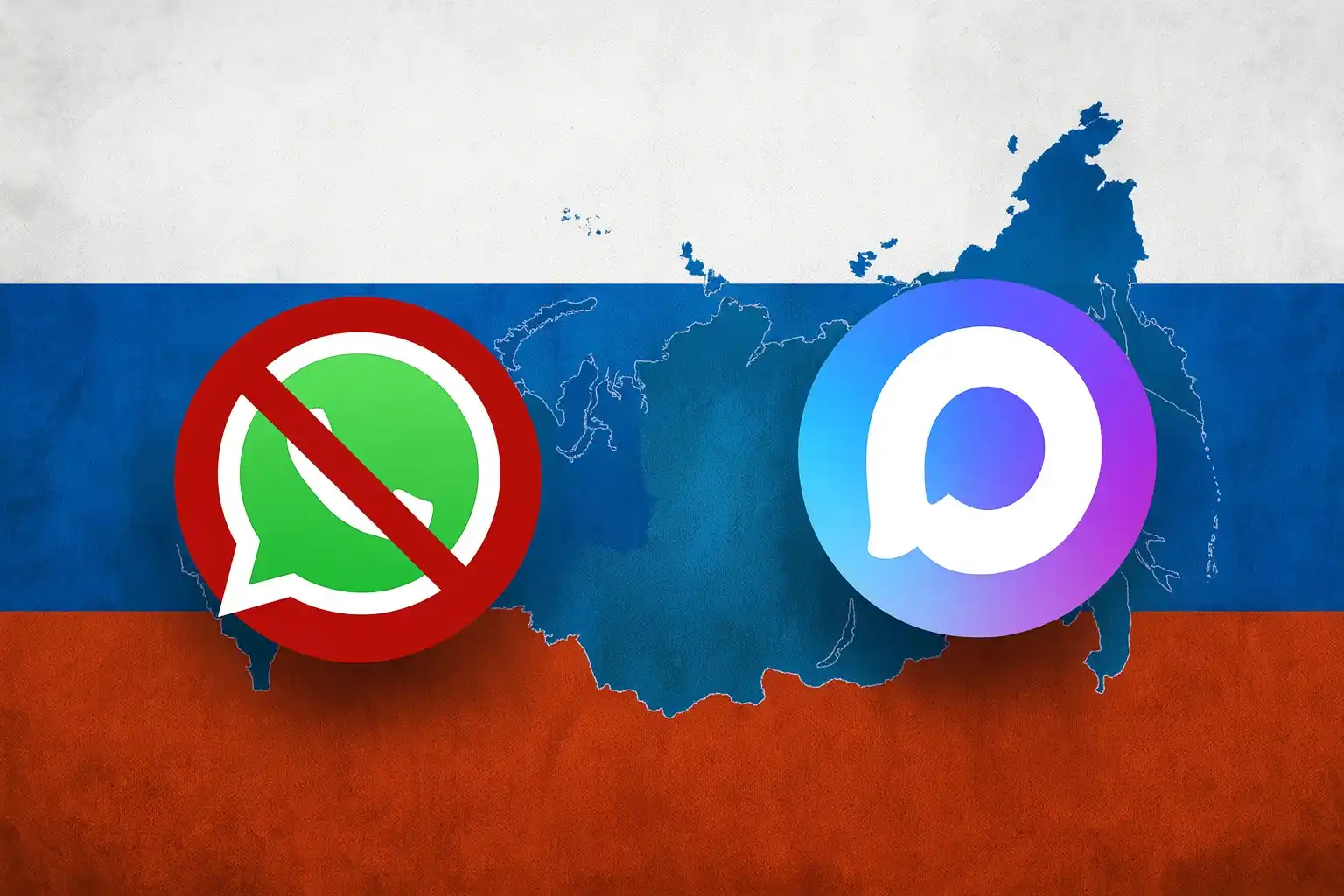Surge in Complaints and the Push Toward Max
Metadata analysis suggests that restrictions on WhatsApp in Russia have, in practice, already started. According to analytics from Downdetector, there has been a significant spike in complaints about the messenger’s performance in Russia. The main issues reported are: “calls not going through,” “video calls not working,” and “messages not being delivered.” Complaints about Telegram are fewer but still above normal levels.
The approach being used is described by sources as “the most cynical” — shifting responsibility onto telecom operators. The strategy is to ensure that, at the level of consumer habits, WhatsApp’s functionality is degraded first and foremost.
Currently, authorities are carefully monitoring whether there is a correlation between degraded performance of the American messenger in various regions and the number of downloads of the domestic messenger Max. If such a correlation is found, the campaign will be intensified; if not, other measures will be deployed — primarily administrative pressure.
According to one source, a recent leak claiming that the “big four” mobile operators (MegaFon, Beeline, MTS, and Tele2) had allegedly requested a block on calls in foreign messengers serves an obvious management purpose. Several sources confirmed that representatives of mobile operators had been invited to meetings at Roskomnadzor, where the discussion centered on degrading voice calls. “There is an understanding that limiting messenger calls can indeed push users to switch platforms. That is the main focus,” the source said.
The decision to target WhatsApp is clearly unpopular, and it was decided to share responsibility with the country’s largest operators. This is partly why the leak emerged, suggesting that it was the mobile carriers themselves who wanted to block foreign messengers. At the same time, Roskomnadzor has not commented on the situation, and government representatives — including MPs — deny state involvement.
Economic Risks and Public Backlash
Major mobile operators are bracing for reduced mobile internet consumption due to the potential blocking of foreign messengers. For them, this would mean yet another drop in revenue. The shift to the Russian-made Max messenger will be painful, with one of its side effects being a decline in internet usage. The big four have no interest in such an outcome, but the authorities appear unconcerned with their position.
Sources predict that the campaign to push citizens toward the domestic messenger will intensify in the second half of August and into early September. The strategy hinges on reach and a lack of alternatives. The public is being told that, sooner or later, foreign messengers will be blocked anyway. This could work for part of the population, but among the most educated and economically active citizens — particularly in major cities and capitals — the campaign is likely to provoke negative reactions. The main reason: their opinions are ignored, and the state shows no intention of respecting their privacy.
According to sources, the plan is to promote Max aggressively, regardless of public discontent. Questions of alternatives are coming to the forefront, including lesser-known foreign messengers that could replace WhatsApp and Telegram. Blocking them all will be difficult — creating a new messenger is not overly complicated, and those unwilling to use Max will certainly find other options. Sources also note that there are currently no plans for a harsh blockade of Telegram. For now, the priority is to deal with WhatsApp — but this strategy risks driving users primarily toward Telegram, rather than Max.


















